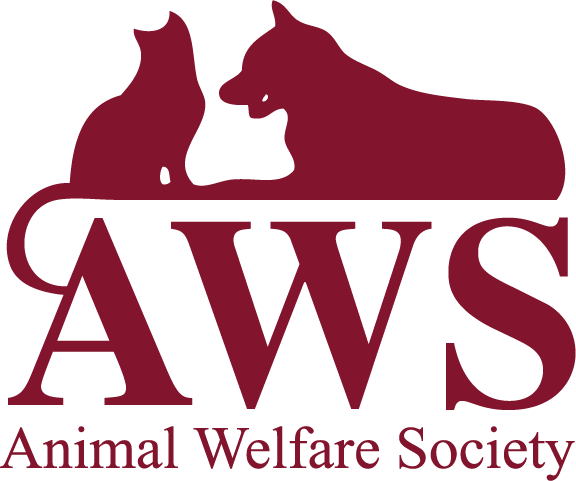For feral and free roaming cats trapped in Maine, we offer spay/neuter services (also known as trap-neuter-return) at no cost to caretakers.
If your female dog or cat is expecting or just had babies, we can help through our Mother Spay Program.
With deep compassion and a calming and peaceful presence, Dr. Jesse Therrien offers at-home euthanasia and after-care services to Southern Maine and Seacoast New Hampshire pet families. Call (207) 200-7574 to learn more or to schedule her services.
Offering at-home wellness care, sick visits, acupuncture, hospice care, and euthanasia, Vet at Your Door's provides compassionate care at the place you and your pet feel most comfortable: home. Call (207) 536-8387 to learn more.
Specializing in elder pet care, Dr. Kelly Hill provides high-quality care and support for your loved one in their most comfortable environment: home. Supports pet families in York County and southern Cumberland County. Make an appointment by calling (207) 361-7145.
AWS' Community Veterinary Clinic offers high-volume spay/neuter services to rescues, shelters and community cat programs.
Held virtually on the first Monday of the month from 6-7pm, this online group helps owners or caregivers who are experiencing grief and loss after saying goodbye to a companion animal.
Dr. Rachel Geller, Ed.D. works to create harmonious relationships between cats and their owners without any financial barriers that might prevent cat owners from being able to keep their cat in their home due to behavioral issues.
The staff at Tranquil Waters understands how incredibly difficult it is to say goodbye to a beloved family member, and have curated a number of recommended resources to help you through when the time comes.
Train your dog at home over video chat through GoodPup. GoodPup uses positive reinforcement training and even has Veterinary Technicians on staff. You can work with a certified trainer on basic skills or with a behavior specialist for more complex issues. Free first week and then 10% off for life!
Founded in January of 2018, Losing Lulu is the online Facebook grief support group that helps people to find support after losing an animal companion or family member to a behavioral euthanasia.
Maine Department of Inland Fisheries and Wildlife (MDIFW) preserves, protects, and enhances the inland fisheries and wildlife resources of the state. Visit their site or call a local game warden if you find an orphaned, injured or ill wild animal.
Marine Mammals of Maine (MMoME) responds to stranded marine mammals and sea turtles in southern and midcoast Maine.
Saco River Wildlife Center provides rehabilitative care to Maine’s ill, injured, or orphaned wildlife.
Located in Cape Neddick, Center for Wildlife treats found, injured, and orphaned wild animals.
One of the best things about puppies is how curious they are. We love watching them
encountering new situations each day and helping them navigate through them. However, the
downside is that puppies explore the world through their mouths! This can lead to some less
than desirable bites to your hands, clothes, and household items. While we do not want to
discourage a puppy’s inclination to try new things, we do want to let them know the best way
to go about it. Let’s explore ways to help our puppies use their mouths appropriately and
encourage time to settle.
Socialization is the process of exposing your puppy gently and positively to new experiences, as well as learning to give and take social cues from dogs and people. It is so much more than just exposure or having your puppy play with other puppies! We want to socialize our puppies to new sights, smells, sounds, terrain, people, dogs, cats, squirrels, weather, body handling, and coping with stress.
There are two important steps to housetrain a puppy (or dog): prevent accidents and provide rewards for going outside. This guide explains how to get started.
